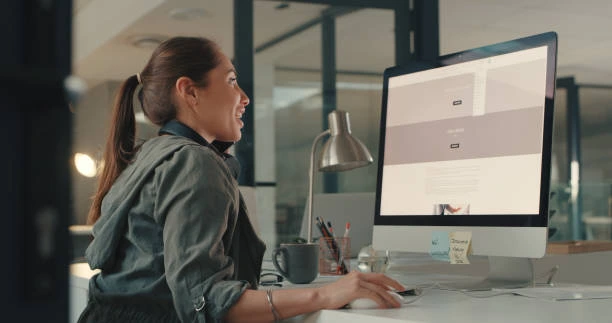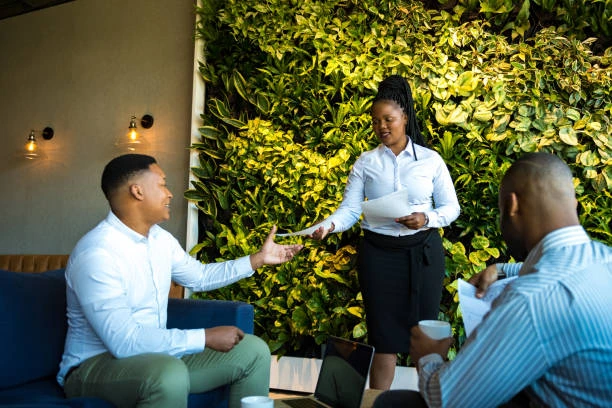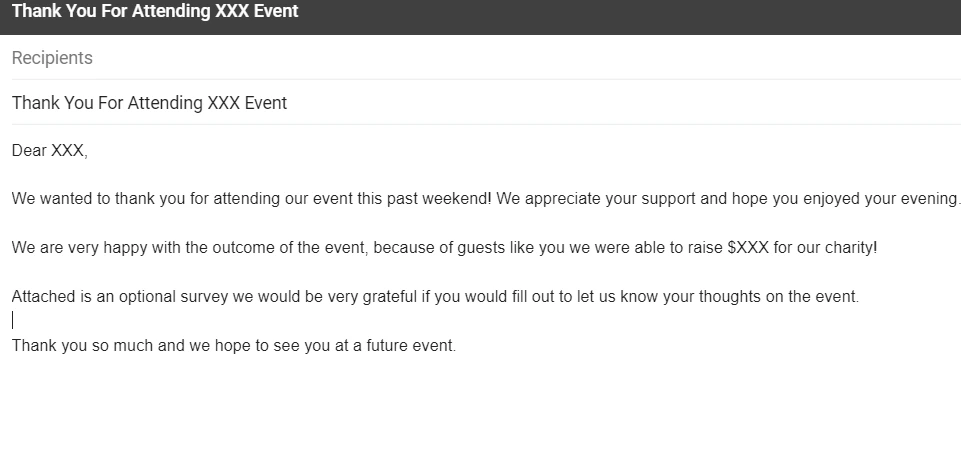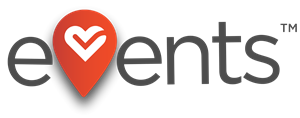Effective Event Communication

Effective Event Communication
An effective event communication plan is one of the most important pieces of running a successful event.
Having an event communication plan will relieve a lot of stress during all planning aspects of your event.
Communication with your attendees needs to be happening before, during, and after the event. You need to create and maintain a relationship with them for your current and future event’s success.
Event communication plan:
Before event:
Before the event occurs, you want to make sure your attendee has all the knowledge about the event. This puts their mind at ease, they know what to expect and will come in more relaxed and prepared for the event.
Not giving the attendee all the information they need will leave them confused and have a bad taste in their mouth before the event has even started. We want to make sure the attendee’s pre-conceived ideas about the event are only good ones. And, if they are hesitant about coming having enough information about the event will convince them.
When creating the invitation and events page put yourself in the shoes of your potential attendees. Imagine they know nothing even if they have attended past events. You want to give them a clear vision of your event, why it is happening, why they should join, and why they are being invited. This will leave no room for any questions. But of course, make it clear to them that if there are any questions you are available. You want to make sure you are not just communicating with them and that they can also communicate with you.

During event:
During the event a lot will be going on so losing touch with your attendees could happen we want to make sure it does not. Although before the event we let them know all the information for the event they do not know the timeline, they know when it starts and when it ends. That is all. Everything else you have planned, yes, they know about what will be happening throughout the course of the event but they do not know when or where they are happening.
Upon arrival, there should be designated staff or volunteers to direct attendees, pass out informational papers and answer any questions attendees might have at that point. Creating a printed timeline or pamphlet with all needed information for the attendees will give them a cheat sheet for the event.
While the event is going on continue to make updates to your guests on what is going on next. For example, you are having a gala. At this gala, you will be starting a silent auction upon arrival, then having dinner followed by a live auction. When attendees do not know what the next step is in an event they tend to get antsy, looking for the next thing instead of enjoying the present. You don’t want that.

After event:
After the event is over there are still things you have to do to leave a great impression on your guests.
A follow-up needs to be short and sincere. After all events attendees go to they receive follow-up emails, setting yours apart from the others so it is not looked over or deleted is important.
Right after the event a follow-up should be sent out. In this email a thank you message should be included along with how the event went in your eyes, any goals that were reached during the event, and show the attendees everything that you both have accomplished together! After you have shared the success of your event ask them how they felt about it, sending out surveys is a great way to receive organized feedback.
When asking for feedback be careful about what you ask for. Keep in mind if someone offers feedback to change something for your next event and you don’t end up changing it and they attend again you are going to look like you don’t care about your guest’s feedback. So if it is something that worked for you and your organization do not even ask about it. Keep your post-surveys broad. Let the attendees tell you what they thought. Sending out follow up emails can be time consuming, on Events.org you can create a thank you email and have it be automatically sent out to guests.

 Your All-in-One Event Management Platform
Your All-in-One Event Management Platform
Host Events with Ease! Events.org's comprehensive event management platform makes it easy to optimize, automate and maximize your organization's entire charitable event calendar.Events.org Benefits:
✓ Simple, Affordable Pricing for Paid Events: $1 per Transaction!
✓ FREE Events are always FREE
✓ Host & Manage Any Event
✓ Dedicated Customer Support
✓ Branded Event & Donation Pages
✓ Donor and Contacts Management (CRM)
✓ Membership Management
✓ Conference Management
✓ Volunteer Management
BONUS: Free access to the iBid's Mobile Auction AutoPilot™ - This automation tool saves you time & stress while streamlining auction tasks. Manage auction items and payment processing, including express checkout & digital receipts!